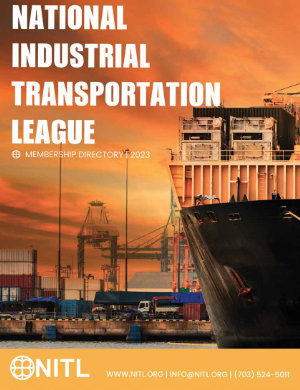An ambitious plan to further reduce greenhouse gas emissions at two of the busiest ports in the United States could add billions of dollars in supply chain costs and make the ports less attractive to shippers and cargo owners, according to the National Industrial Transportation League.
In a letter to the environmental directors of the Port of Long Beach and the Port of Los Angeles, the League joined with roughly 70 other associations in expressing concern that a Clean Air Action Plan drafted by the ports, while “laudable and well intentioned,” will reduce the competitiveness of the ports and further erode their share of freight commerce.
“While the ports and stakeholders must continue to build upon the successes achieved so far, we
are significantly concerned with several aspects of the Draft Clean Air Action Plan Update,” the letter states. “These include the lack of information with respect to the commercial availability of specified technologies, the uncertainty of the draft plan’s cost, the absence of any analysis regarding the ports’ future competitiveness, the exclusion of certain technologies and fuels, and the lack of a cost benefit analysis on the air quality benefits that would result from this program. Ironically, these are issues which are identified within the report, but for the most part deemed unimportant.”
The action plan, announced by port officials on July 19, proposes short- and long-term strategies to further reduce air pollution from port-related sources and ultimately achieve zero emissions for trucks and terminal equipment. Although they have made great strides in reducing pollution in recent years, the ports are the largest source of smog-forming pollution in Southern California.


